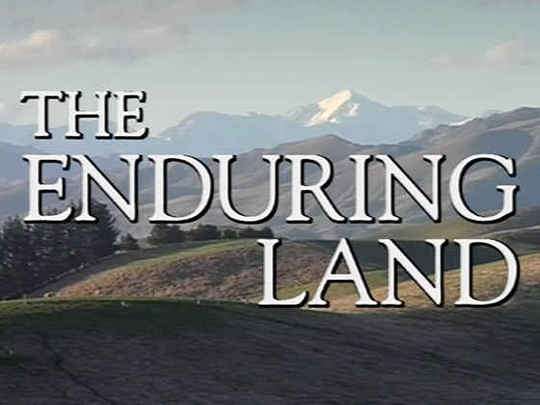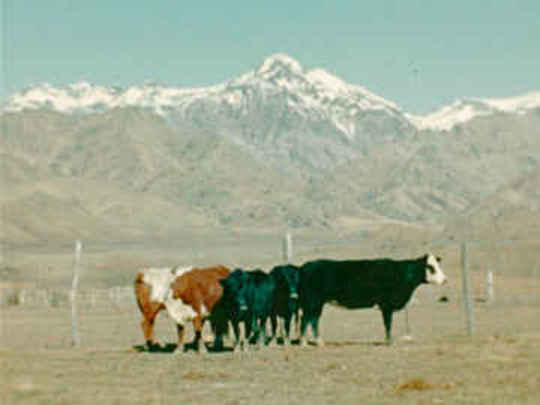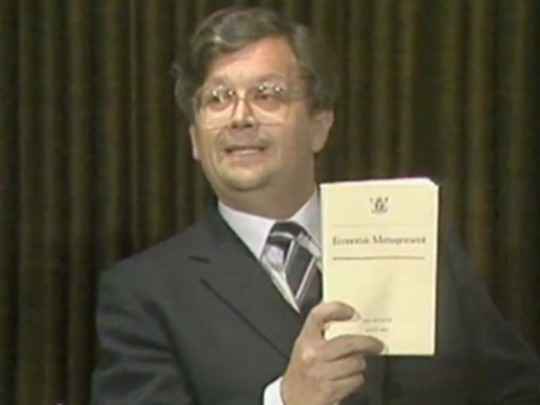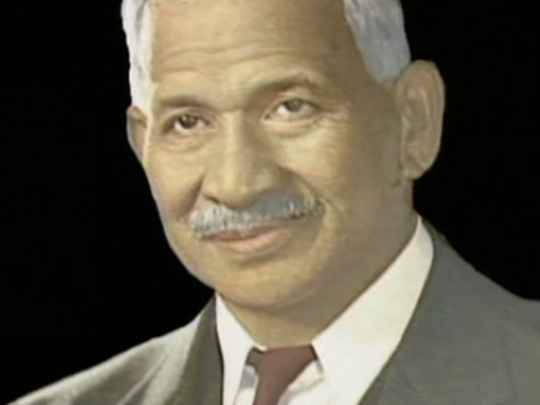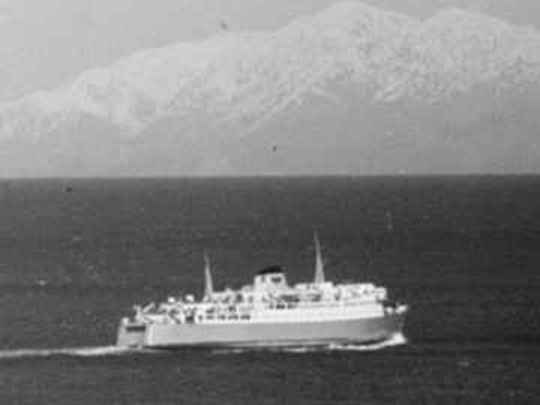Many farmers could not see any daylight. They felt politicians had hung them out to dry. There was no transition period to Mr Douglas's market-led economic policies (colloquially known as Rogernomics), no weaning off the taxpayer's cheque book. They were forced to go cold turkey.
– Excerpt from an article about the effect of Rogernomics on New Zealand farmers in the mid 1980s, Otago Daily Times, 24 May 2014
In 1970 Britain took more than 90% of New Zealand’s butter exports and 75% of cheese exports. The Luxembourg agreement reduced the butter quota by roughly 17% and the cheese quota by roughly 68% over 5 years. Quantities were reduced further after 1977, to about half the 1973 levels. New Zealand continued to have butter quotas in the 1980s and 1990s — although at much reduced levels.
– Excerpt from Te Ara about the impact Britain joining the European Economic Community in the early 1970s had on NZ exports
The incoming Reform government was immediately faced with two of the major industrial disputes in New Zealand's history: the 1912 Waihī miners' strike and the 1913 waterfront and general strikes, which split the community into two irreconcilable camps . . . the use of special constables, who became known as 'Massey's Cossacks', earned Massey the undying hatred of many urban workers, an enmity passed on to their children. However, more conservative voters, especially in the farming community, saw Massey's stand as firm and decisive, arguing that Massey simply took the 'Red Feds' at their word and met their revolutionary rhetoric and intimidatory tactics with superior force.
– Excerpt from a Te Ara biography of Prime Minister William Massey
Farmers feel that their livelihoods are threatened whenever there's a hold up at the ports. For more than a century our main market was Britain, 20,000 kilometres away. If the ships didn't sail, orders weren't met and produce rotted on the wharves.
– Presenter Ruud Kleinpaste on the vital role transport plays in the lives of farmers
Well, when I left I said that I saw some prospect of some progress. That was a cautious statement, and I think I can say that we've done perhaps better than we expected.
– Excerpt from a 1960s interview with National Party politician Jack Marshall about lobbying Britain to maintain trade ties with New Zealand
Sir Āpirana Ngata introduced the idea of incorporations in the 1920s. He saw them as a solution to the problem of farming land under multiple Māori ownership. Instead of farmers on their own trying to coax a living from small, uneconomic plots, they joined forces and became shareholders in an incorporation, with the shares in proportion to the land they owned.
– Presenter Ruud Kleinpaste on the rise of iwi farming corporations
For all the efforts of farmers, there is little control over their produce once it leaves the farm gate. Many factors will influence how much the farmer is paid. Everything from transport charges to a change in government can create an unpredictable marketplace. It often seems as if life is a cycle of booms and slumps.
– Presenter Ruud Kleinpaste on the volatility of farming, at the start of this episode

